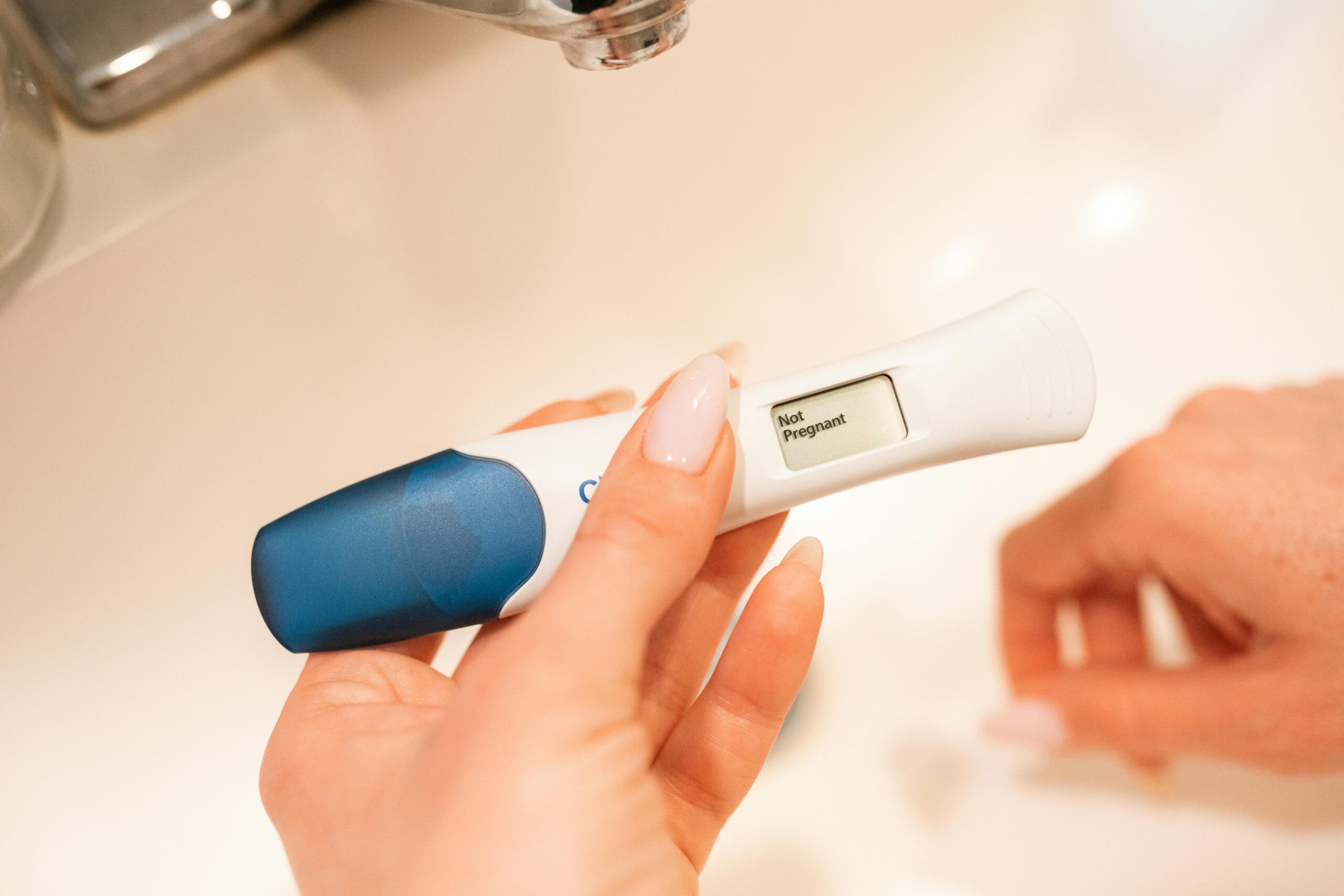
What is IUI & how does it work? (Intrauterine Insemination)
In this article
What's the lowdown?
Intrauterine insemination involves the injection of high-quality sperm directly into the uterus (womb)
There are not many risks associated with the procedure, which is a good thing!
It is technically not considered a method of assisted conception as eggs are not removed from the body
What is IUI? How does intrauterine insemination work?
IUI or intrauterine insemination is the least invasive procedure that has minimal complications compared to other forms of assisted conception. For couples who are struggling with unexplained fertility issues, IUI is generally the first treatment recommended1.
During IUI, the sperm sample provided will be separated into good motile sperm by the embryologist (a scientist who specialises in fertility). Any sperm appearing sluggish, moving slowly or abnormally shaped are removed. These ideal sperm will be placed into the womb before ovulation (release of an egg). Ovulation can be natural and tracked using blood or urine tests or scans to find the best time to insert the sperm, or ovulation can be induced with medications. Fertilisation is left to occur naturally, with sperm moving from the womb into the fallopian tubes where it meets an egg. IUI can be used with a partner’s sperm or a donor’s sperm1.
Fun fact: IUI is technically not a form of assisted reproduction as it does not involve egg retrieval2.
What is IUI used for?
IUI can be used in1:
- People who need to use donor sperm – such as singletons and same-sex couples
- People with conditions that mean it’s difficult to have penetrative vaginal sex like vaginismus and vulvodynia
IUI will not increase the chances of pregnancy in people with1:
- Blocked fallopian tubes
- Endometriosis
- Low sperm numbers or low-quality sperm
- Unexplained fertility issues
Intrauterine insemination success rate
There is a 10-12% IUI success rate of having a baby at each attempt. Over 6 cycles, there is a total success rate of 41%. This is not as successful as IVF which has a total success rate of 73% after 3 IVF cycles3.
What’s the difference between IUI and IVF?
IUI is a more natural procedure than IVF. The most motile sperm are selected and placed in the female reproductive tract to allow natural fertilisation. With IVF, eggs are collected from the body and mixed with the sperm in a petri dish. Once fertilised, the embryo (fertilised egg) is placed back into the womb4.
As it is less invasive, IUI is less expensive but the disadvantage is that it has lower success rates.
Intrauterine insemination treatment
A typical IUI cycle includes4:
- Fallopian tube check: The fallopian tubes are examined to ensure they are not blocked. This can be done by injecting dye into the womb and seeing whether it passes through the fallopian tubes using X-rays or ultrasound. IUI won’t work if there is a blockage in the fallopian tubes as an egg cannot travel from the ovary, down the fallopian tubes to the womb and sperm cannot travel up the tubes to reach the egg.
- Fertility medication: Medications may be given to increase egg production or you can also opt to have IUI in line with your menstrual cycle and natural ovulation. If you are taking medications, you will have regular ultrasounds and blood tests to check that your ovaries are maturing.
- Ovulation: When the time is right, you will be given a ‘trigger shot’ to stimulate ovulation or if you are opting for natural ovulation, you will be asked to use tests to check you are ovulating.
- Insemination: The highest quality sperm will be selected and washed before being injected into the womb, usually 24-36 hours after the trigger shot is administered. This takes just a few minutes and is relatively painless.
- Pregnancy test: After 2 weeks, you will be asked to take a pregnancy test.
Risk of IUI
IUI is generally considered a low-risk procedure. The main risk is the potential of multiple pregnancies (twins or triplets) which can increase pregnancy complications for the mother and child4.
Maternal risks of multiple pregnancy:
- Gestational diabetes
- High blood pressure
- Pre-eclampsia
- Anaemia
Risks to babies of multiple pregnancy:
- Prematurity
- Low birth weight
Multiple pregnancies are more likely to occur in medicated IUI cycles as they stimulate more eggs to be matured and released by the ovaries.
Intrauterine insemination NHS
The NHS can offer IUI if you meet certain criteria. For people who don’t meet the criteria, you can choose to pay for IUI privately5.
NHS eligibility criteria5:
- Difficulty having vaginal sex due to physical or psychological conditions
- Have a medical condition which means you need help with conceiving such as HIV where unprotected sex is not recommended
- Are a same-sex couple
Your age and postcode can determine your eligibility as different areas of the country have their own guidelines around fertility treatments. If you have not conceived after 6 cycles of IUI, guidelines state you should have further fertility tests. If these are normal, you can have 6 further IUI cycles before being considered for IVF.5
Intrauterine insemination cost
If you can get IUI on the NHS, the treatment will be free. However, you can only get this treatment if you meet the eligibility criteria. Private IUI costs vary, depending on the clinic, if you are using fertility drugs or if you are using donor sperm. It is best to speak to each fertility clinic about what their costs include before you start your treatment.
Summary
IUI is the safest and least expensive of the fertility treatments. It is important to do your research before starting any fertility treatment as your experience will be determined by the specialist and team involved.
The Human Fertility and Embryology Authority has made a useful tool to assist you in finding a licensed fertility clinic that offers IUI.
If you’ve had IUI, please share your experience to help others!
Our medical review process
This article has been medically reviewed for factual and up to date information by a Lowdown doctor.






